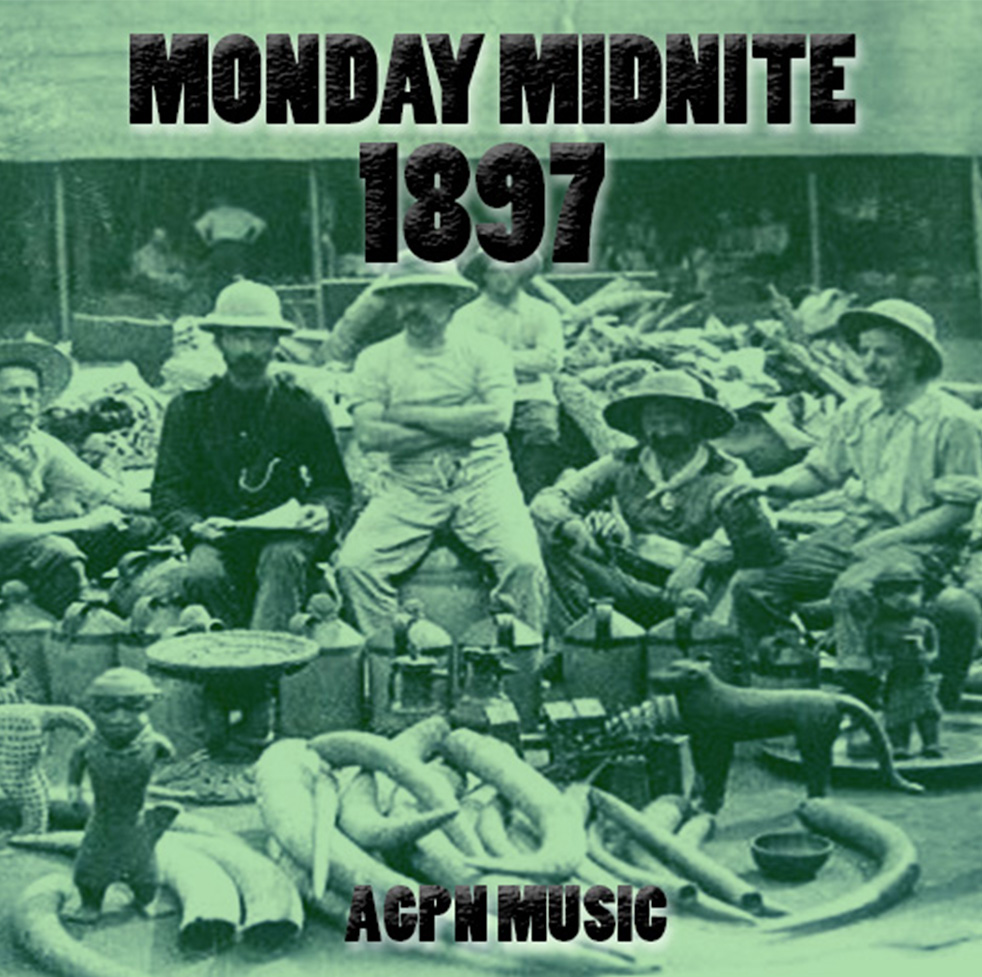
3. Exemplary Lifestyle and Leadership: In line with the preceding point it is important for leaders not to only say things that the populace should do to turn the country around for good, but the leaders also have to live by what they say and preach. As we say – “not just what I say but what I do.” It is useless to expect the populace to change their regard for the state if the leaders only care for themselves. It is useless to expect the populace to tighten their belts and live through economic austerity measures while the few in power live in squalor and reckless abandon. It is useless for leaders to send their children abroad to foreign schools or the best schools even in Nigeria while the average masses struggle to send their children to local dilapidated poorly equipped schools. It is useless for leaders to go abroad for regular health check-up and treatments while the average masses fight for their lives at poorly equipped hospitals within the country. If leaders avail themselves with the services of the same local school, hospitals, markets, roads, power supply, water and other amenities of life, they will naturally find it reasonable to provide these amenities or make them efficiently affordable to all. As I partly stated in an article in August 2009, titled, "Accountability and Responsibility, the Kind of Rebranding We Need" (Part 2):
5. Free Global Dissemination of News, Information, and Culture: We have to tell our stories and spread our good news so the truth will prevail. It is evident that many Nigerians and Africans in Diaspora continue to excel in their various fields of endeavor whether it is in business, academics, administration, arts, or otherwise. Yet, negative news reporting and pictures of war torn societies, starving children, and dilapidated suburbs are the kind of coverage Africa mostly gets in the western. Since negative news sells and travels faster than good news, the world is constantly fed with more negative news and impressions of Africa than the positives.
It is pertinent to point out that the execution of the laws of the land to quell or prevent religious violence and to improve religious tolerance for peaceful co-existence and the practice of one’s religion no matter which fate, has to be fair, impartial, and without fear or favor, but in accordance with the cardinal objective of maintaining respect for life, property, freedom, and human dignity amongst the general populace (regardless of religious affiliation or tribe). To be selective in dealing with religious issues simply to please powerful traditional institutions in some parts of the country is a practice that will never quell or cure the situation. In fact such approach has the tendency of prolonging and even escalating the situation. Those who condone, encourage, or sponsor religious or tribal violence have to realize that religious or tribal violence could be like a burning fire – once ablaze, it could get out of control and eventually consume the same person(s) who set such fire.
9. Reorientation: Whether at home or abroad, whether a leader or the led, Nigerians have to believe in the spirit of the nation, Nigeria. Nigerians have to be proud of being called Nigerians regardless of the taint on the image of Nigeria by a few other Nigerians. Choose leaders based on qualification and merit for the job, not just on tribal, political, or religious sentiments. Think what can be done to make things work not what can be found that is wrong with the nation. What can be done to bring about some positive change no matter how small, not what can be done to exploit the situation to selfish ends. Encourage what could be beneficial to the future generation Nigerians, not just what is immediately good in it at the moment. Be bold to speak out or act (with votes) against the nefarious activities of leaders even when such leaders come from the same village, tribe, political party, or religious affiliation as the Nigerian. Look beyond mere allocation of portfolios and instead consider whether the appointee fits the office. Be constructive and not destructive in the criticism of Nigeria and fellow Nigerians. Dwell also on the achievements of many great Nigerian men and women who continue to excel in many areas of life be it academics, sports, medicine, law, research, engineering, or many others, and not just on the bad egg Nigerians.
If the man that is blessed with experience gets the opportunity, but fails to use it for improvement, what then has he lived for? If the man that finds himself on the corridors of power and trusted with leadership either by electoral votes or by fate, fails to let his good conscience reign, what then is his value if he lives, acts, and leads like he has no conscience?
ABOUT THE AUTHOR: Oliver O. Mbamara is an Admin. Judge of New York State. He is also a filmmaker and a published writer, poet, and playwright. For more on Oliver Mbamara, please visit www.OliverMbamara.com


No comments:
Post a Comment